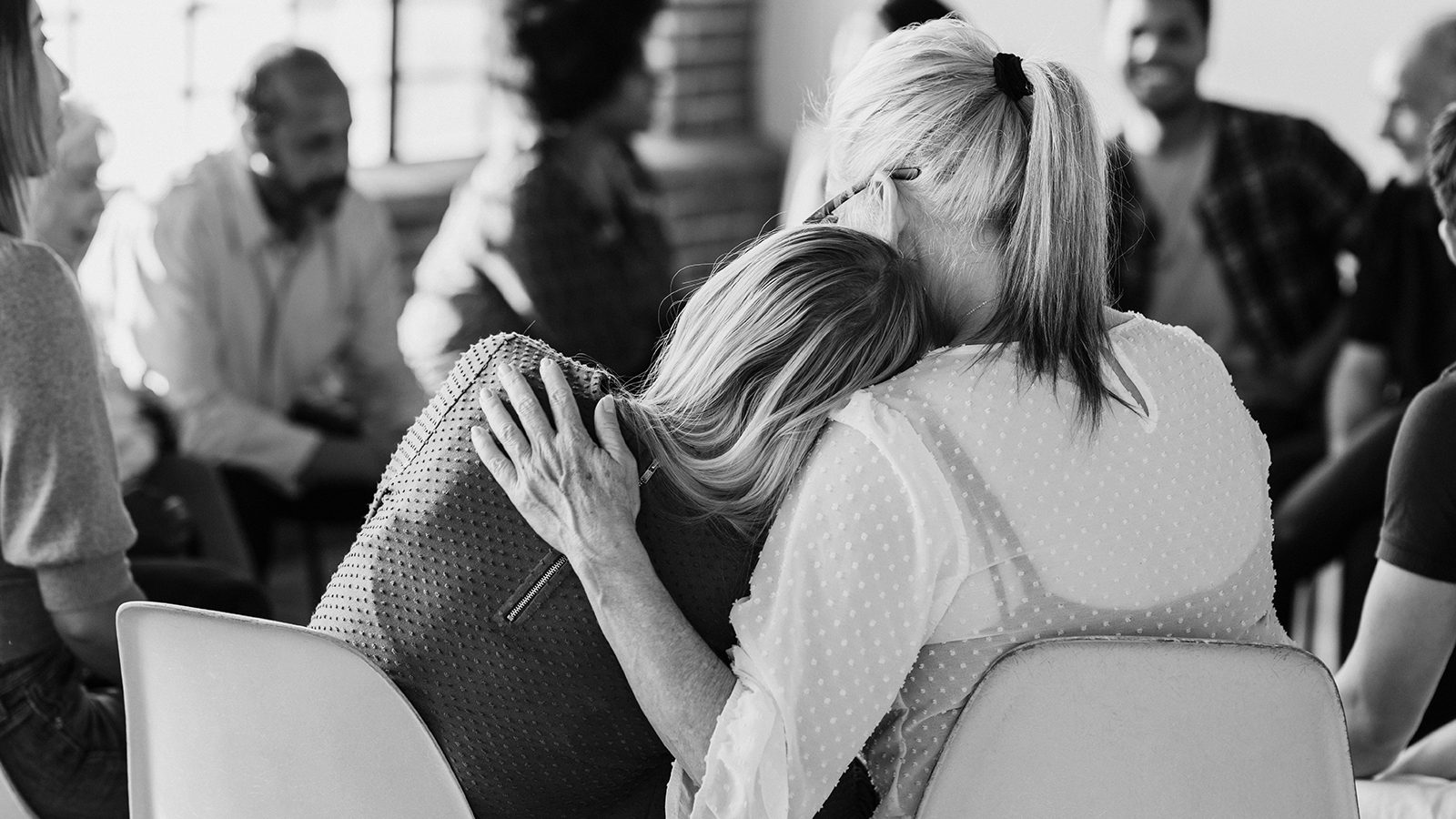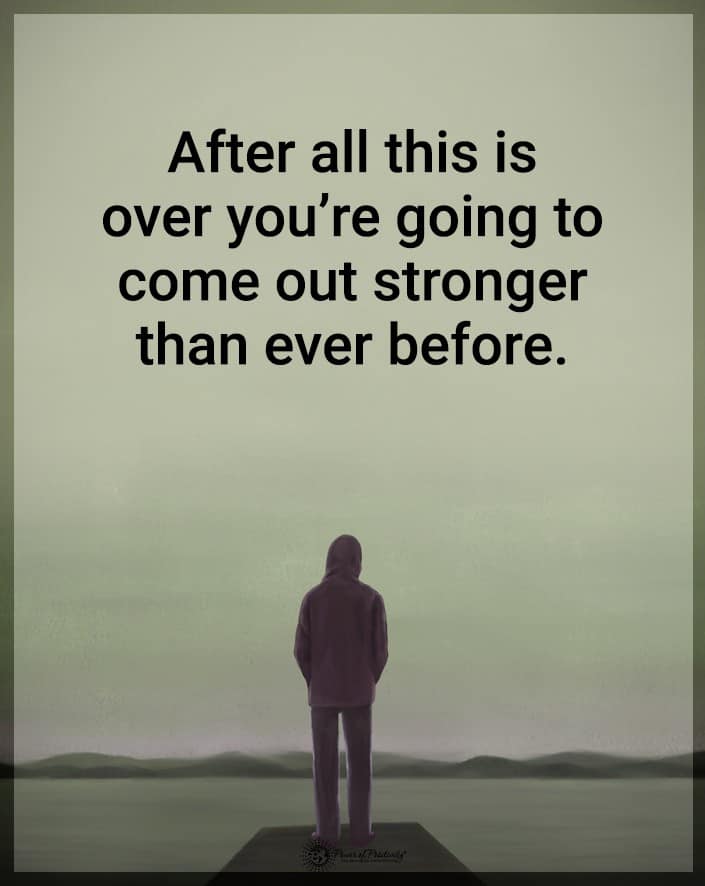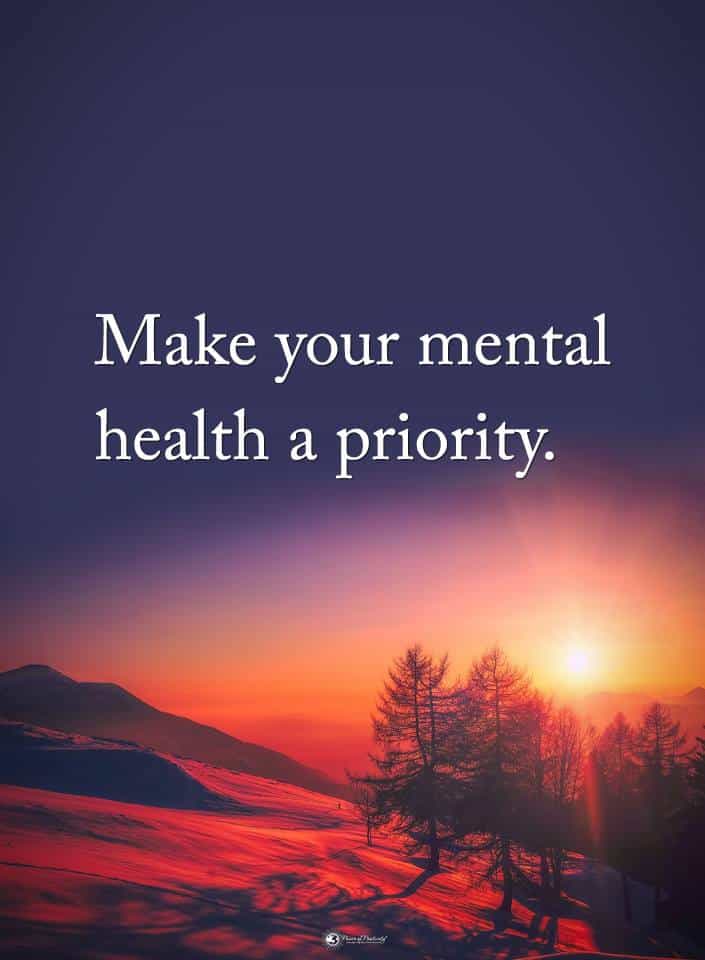Have you heard the ageless expression about the strength in numbers? It’s a difficult challenge to face severe issues by yourself. Fortunately, a support group can provide the people and understanding you need. No matter what you’re going through, you can find a group of compassionate people who’ve walked the same road.
You’ll often hear people refer to support groups as peer groups. It’s because those who are involved are on equal standing and can empathize with one another. One of the benefits of belonging to a peer group is that nobody is there to judge you, and anonymity is a top priority.
When you’re ready to talk and find comfort with like-minded folks, there’s a peer group for you. If you don’t want to join in person, many groups meet in real-time via the Internet. You can also find peer group pages on social media.
Since these groups do a lot of networking with hospitals and social service organizations, these places can often refer you to the right people. If you can’t find a local group, there are several options for you online.
You’ll be glad to know that most local peer groups are sponsored by national organizations and are accessible to everyone who needs help. A few ask for donations to provide coffee or other light refreshments during the meetings, but most don’t charge to join. Most groups offer supportive literature and pamphlets free or for a small fee to cover printing costs.
What Are Support Group Meetings Like?
Peer groups are as different as the people who attend them. While common courtesy and etiquette are expected, most meetings are open and relaxed. You’ll probably have a moderator who will suggest topics of discussion and will gently keep the flow going. Everyone is in a safe place and is free to speak their mind, just as long as it’s respectful to others.
Meetings usually convene in clinics, social service offices, libraries, or places of worship. They usually set up chairs in a circle to encourage open conversation. Participants respect each other’s opinions and agree to keep names and discussions under strict confidence.
Some support meetings are held weekly or monthly and may offer morning or evening time slots for your convenience. It just depends on your group and what everyone decides. You’ll find hope and inspiration when everyone shares their stories and listens to yours.
Seven Good Reasons to Join a Support Group
Since everybody copes with loss and challenging situations in their way, you’ll know when you’re ready for a peer group. These groups are perpetual so that you can join them any time. Here are seven reasons why you may need a support meeting.
1. You Could Benefit From a Support Group if You Experienced Loss
Perhaps nothing can trigger more grief and emotional despair than losing a loved one. Whether it’s the devastating loss of your spouse, child, extended family, or a friend, the smothering pain can trap you in a dark place. Although everyone’s grief is unique, you can discover strength and empathy in a peer group.
Grief counseling groups connect people who have endured profound anguish. You’ll find people from all walks of life who are in different stages of grieving. While nobody can genuinely tell you that they know how you feel, there’s still comfort in sharing pain and starting the healing process.
2. You Need a Stronger Support System
Who do you turn to when your world has flipped upside down? Fortunately, you may have a circle of supportive people like family and friends. However, your support network might be weak or nonexistent.
A loving peer group can become the surrogate family you need. Even if you have support from your inner circle, it doesn’t hurt to have more. You can’t have enough compassion and empathy surrounding you in a time of need.
3. A Support Group Can Help You Muddle Through a Family Crisis
Remember the iconic family sitcoms from the past? These sugarcoated tv shows presented the perfect American families living an ideal lifestyle. Even when these chronically happy families had a problem, it was magically solved within the half-hour show.
Unfortunately, real life isn’t a family sitcom where the fathers know best, and mothers live to cook and clean for their brood. Family dynamics aren’t perfect, and you can face crises with your mate and your children.
The good news is that family issues affect everyone, and you can find a support group for your specific problem. Divorce is an issue that puts both parents and children on an emotional roller coaster. It’s helpful to talk to others who are divorced or are in the process, so you’re not alone in your battle.
4. You Have Depression or other Mental Issues
In the past, mental illness was taboo, and those who had it were considered outcasts. They were often locked away in asylums and submitted to unspeakable tortures in the name of medicine. Thank goodness those horrible places and inhumane experiments are gone today.
Nevertheless, mental illness carries a lingering stigma to this day. It may be easier for you to discuss a physical condition with your family and friends than a mental one. According to an article published by the National Alliance on Mental Illness, one in every five Americans copes with mental health crises each year.
Some of the most common issues include anxiety and depression. If you’ve been diagnosed with a mental condition, you may feel helpless and alone. The acceptance and understanding these types of support groups can offer you are priceless.
5. You Battle Addiction
Addiction is similar to a massive boa constrictor that gradually squeezes the life from you. In the process, it destroys your personal and professional relationships and robs you of time, health, and resources. You might think you’ve got it under control, but addiction soon controls you.
Most people picture an addict as someone who’s hooked on heavy drugs and alcohol. However, an addiction is anything that consumes you and interferes with your life. People can be addicted to substances like food, caffeine, or tobacco. Obsessive video gaming and Internet browsing can also become addictive.
Some of the first recognized support groups were for alcoholism. These have provided a haven for recovering alcoholics and their families for years. The renowned 12-step program eventually branched out to serve those addicted to narcotics and other detrimental habits.
It doesn’t matter if you’re hooked on a dangerous substance or an obsessive hoarder; there’s an addiction support group for you. The friendship these groups offer can be an essential tool for your recovery and continued sobriety.
6. Trauma Survivors Benefit From a Support Group
Trauma can affect you years after the hurtful events. A report issued by the US Health & Human Services says that at least two-thirds of American children have experienced at least one trauma by reaching the age of sixteen. These violent and abusive events can be from home, school, on the streets, or all three.
Statistics from the World Health Organization report that most violence and abuse are perpetrated against women and children. However, abuse against males and seniors is also a severe issue in this country. Where do all these people turn when they need compassionate ears?
Maybe you’re a survivor of abuse or trauma, and you’ve blocked it from your mind. Unfortunately, your body remembers and may manifest in ways that affect you physically, mentally, and spiritually. Post-traumatic stress can make you relive the trauma day after day.
Many survivors have discovered inspiration and strength by attending support groups. It’s a sanctuary to be in the company of those who’ve been there and share your story. As you reach out to each other and find new ways to cope, you realize that you’re a survivor and no longer a victim.
7. You Have A Chronic Health Condition
Your good health is among the greatest blessings you have. It’s even more appreciated when you or a loved one is faced with illness or a chronic condition. Perhaps you or someone in your family copes with a congenital disorder that affects your daily activities in life.
It’s terrifying when you receive a diagnosis of a rare disorder that is incurable or may have limited treatments. Fear of the unknown can be just as debilitating as the disease or illness itself. Some chronic conditions present with visible signs that make you feel embarrassed or ashamed to be seen in public.
Name just about any chronic disorder in the medical books, and most of them provide support groups. The locations of the groups may have local, state, or national chapters. You have the chance to meet someone with the same condition, and you can be a mutual source of knowledge and strength.
Final Thoughts on Joining a Support Group
When you are hurting and desperate for a compassionate ear, consider the benefits of a support group. Sharing grief is a powerful way to heal, and you will never feel alone. Some offer mentors and a robust support system so that you can call on someone day or night when you feel like you need to talk.

















 Community
Community

